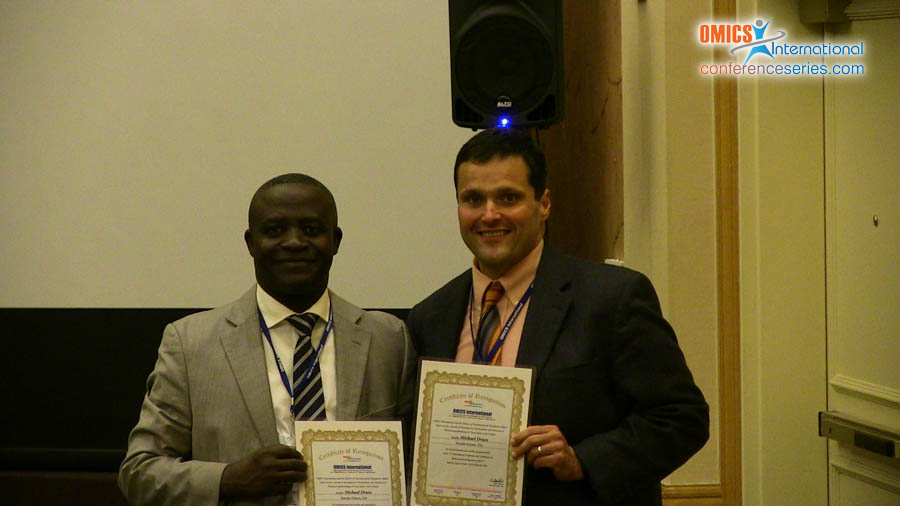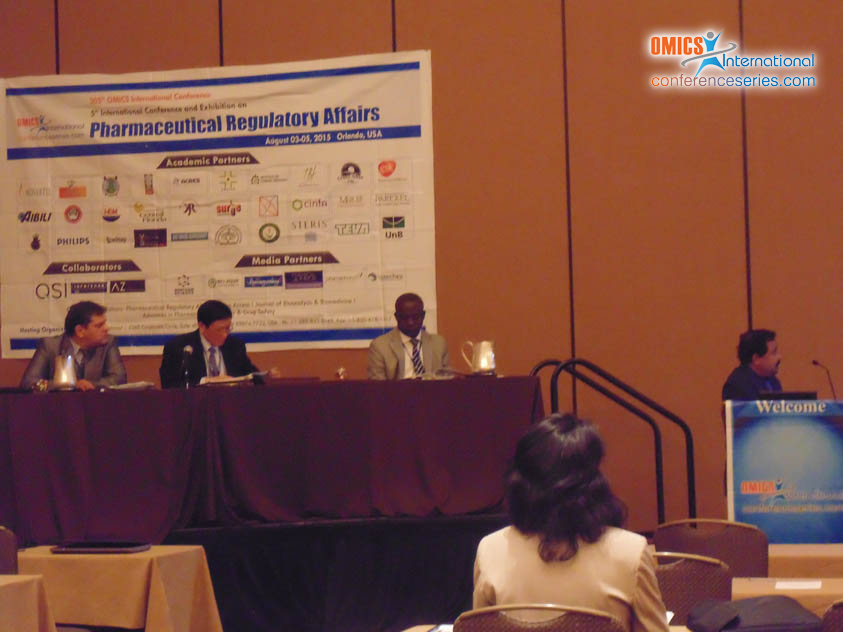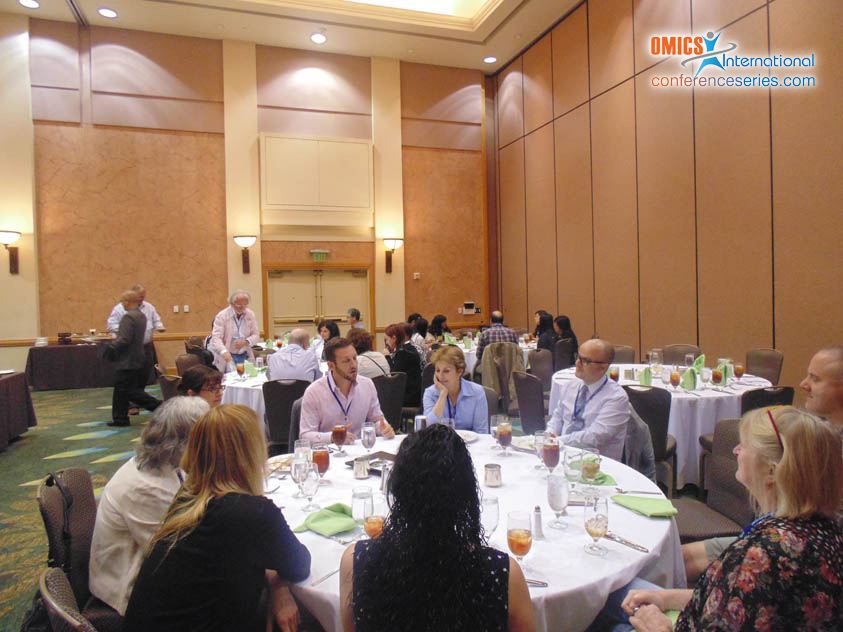
Avong
Institute of Human Virology
Title: Prospects and challenges of providing pharmacovigilance services in resource limited countries
Biography
Biography: Avong
Abstract
Adverse drug reactions (ADRs) were the 4th to 6th cause of death in the United States of America (USA) in 1994. In other countries, ADRs have increased the cost of providing health care and are complicating the management of co-morbidities like HIV/AIDS and TB. Thus, in many western countries, pharmacovigilance (PV) has been instituted as an effective public health measure to protect the general population from the harmful consequences of ADRs. In Sweden, France and Italy, reporting of ADRs is compulsory. In the USA and more recently in some other countries, patients can also report directly to the spontaneous reporting system (SRS). In developing and resource limited countries, the PV systems have been weak making drug regulation a herculean task. However, in recent times, the factors that have promoted the development and strengthening of pharmacovigilance in the developed countries are now emerging in the developing countries. For instance, having a national policy on PV and a strong governmental commitment, a robust drug manufacturing sector, a vibrant health system with the potential to track and recall suspected drugs from the market, a strong central regulatory system working in collaboration with the global pharmacovigilance center and an enlightened work force, are predictors of an effective PV system. In this presentation, we shall highlight the emergence of these factors using the case of Nigeria to demonstrate the prospects of PV in resources limited countries. We shall also unveil the challenges that have to be addressed in order to strengthen PV in poor countries.
Speaker Presentations
Speaker PPTs Click Here






